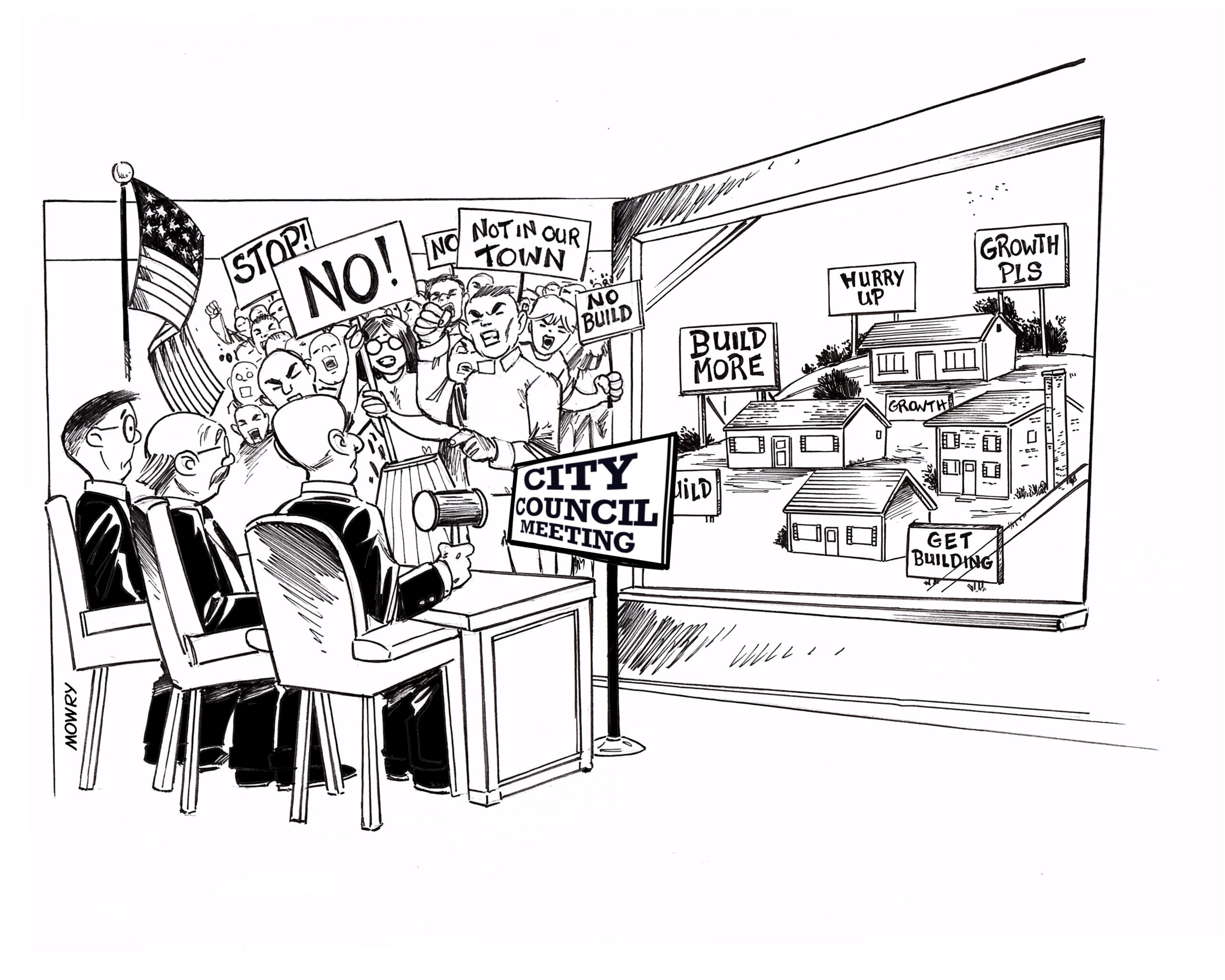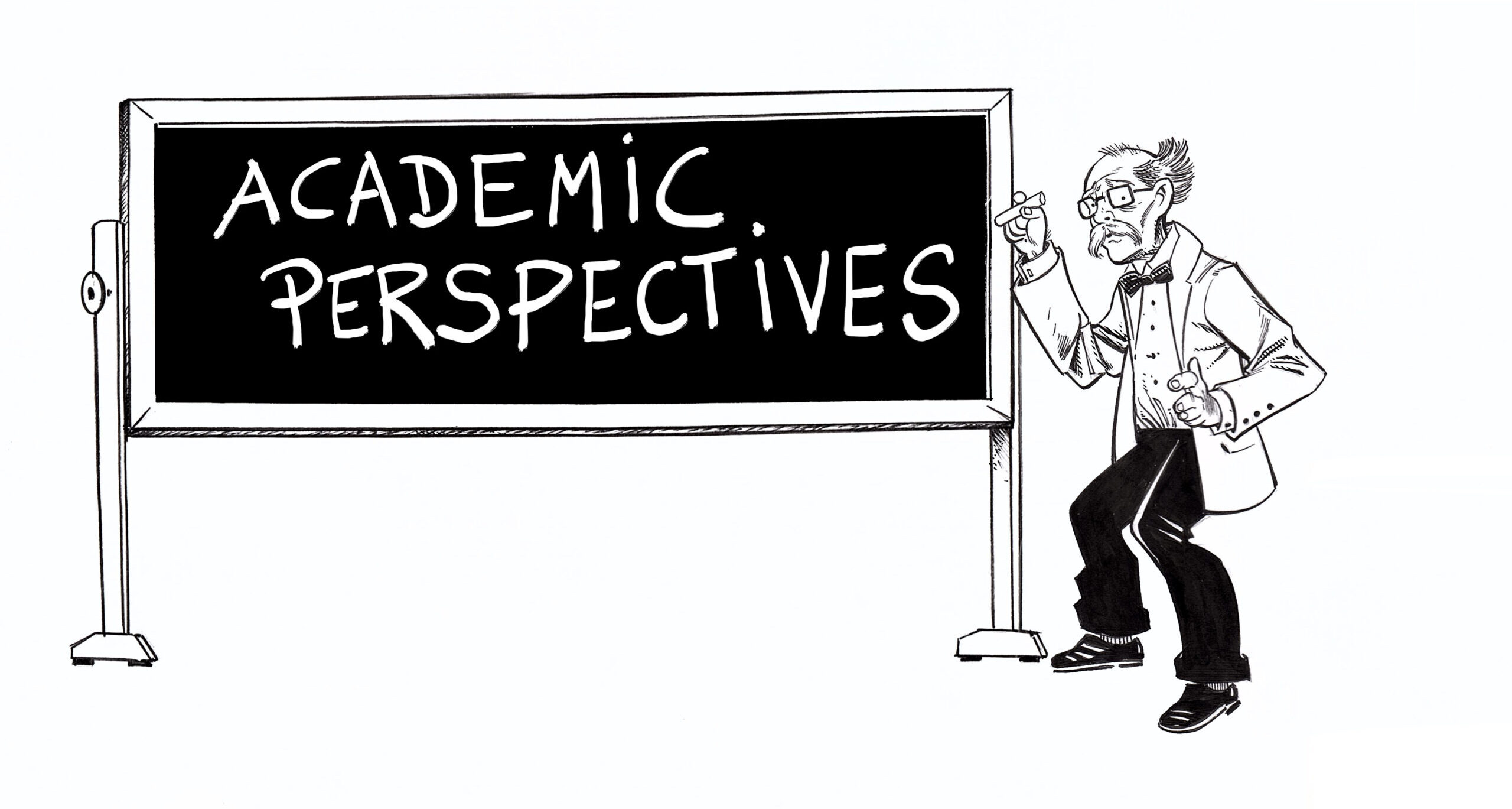Original study by Gail Sheppard & Matthias P. Beck
This paper examines the different trajectories of PPP usage in Ireland and the UK. Both countries started with similar policies of PPP-based infrastructure procurement, with Ireland largely duplicating UK policy. However, since Covid-19 Ireland expanded the use of PPP whereas PPP in the UK stalled in 2018.
The paper commences with a brief description of the evolution of PPP in both countries. This includes a discussion of the launch of the Private Finance Initiative (PFI) in the UK alongside New Public Management reforms and the re-branding of PFI as part of the Labour party’s “third way policies” after the 1997 general election. In Ireland, PPP was introduced in 1998 and motivated by the government’s desire to emulate UK NPM reforms while addressing Ireland’s infrastructure deficit.
PPP fell out of favour in the UK after the global financial crisis (2007/08) reduced the global availability of finance. Moreover, there were criticisms of the soaring cost of PPPs. In contrast, PPP usage in Ireland expanded after the global financial crisis as this approach was seen as a way to keep infrastructure-related capital spending off the balance-sheet while stimulating the economy.
The paper explores these divergent pathways and the current PPP situation from the perspective of policy learning and adaptation. This perspective is used to examine two main questions: (1) Why, despite initially adopting a similar approach to the UK, did Ireland move toward a more sustainability-focused framing of its PPP policy? (2) Why were PPP learning and adaptation in the UK far more limited than in Ireland, leading to its termination?



